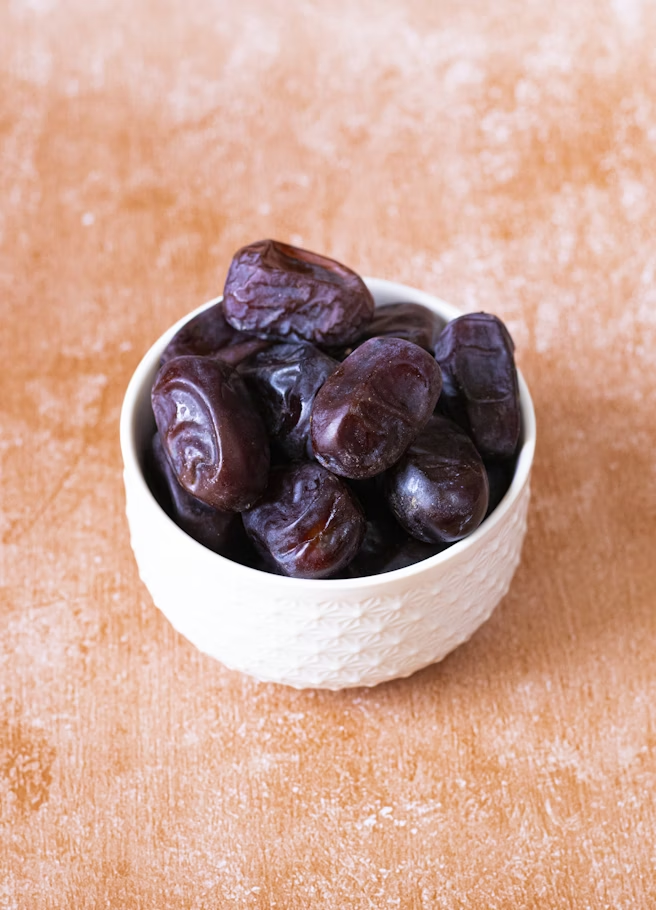Explore the Patterns

qi stagnation 
qi deficiency 
blood deficiency 
yin deficiency 
dampness + phlegm 
yang deficiency 
excess heat

What is a Yin Deficiency?
Yin and yang are foundational concepts in traditional Chinese medicine that help to explain the balance of all things. “Yin” denotes Earth energy, and is considered more feminine in nature. It is associated with rest, nourishment, stillness, receptivity, coolness, etc., as opposed to the more warm and action-oriented nature of “yang.”
All things contain both yin and yang, including our bodies. When we experience a yin deficiency – that is, when we lack sufficient “yin” to balance out the nature of “yang” within our bodies – this means that we lack sufficient hydration and nutrients to nourish our blood and kidneys, resulting in symptoms of heat and/or dryness.
An example would be a person who is chronically ill and undergoing treatment that might be exhaustive to their internal organs and systems. Over time, if they are not nourishing their more yin (cooling and hydrating systems) through diet, supplementation, and adequate rest, they will become out of balance, experiencing manifestations of internal heat and dehydration, like dry mouth, dry skin, brittle hair, feeling hot, skin rashes, or even cognitive and memory issues.
From a Western understanding, yin and yang are very much related to our hormone balance, as well as our kidney health and overall fluid balance.
What Are Signs & Symptoms of a Yin Deficiency?
- ache in the bones
- anxiety
- constipation / dry stools
- cracks in tongue
- depression
- dizziness / vertigo
- dry cough
- dryness (dry throat, mouth, lips, eyes, skin)
- feeling warm, especially in the afternoon and evening
- hard of hearing
- hot flashes
- hot palms, soles and chest
- infertility
- insomnia
- irritability
- knee pain
- lassitude
- low-grade fever
- low backache
- night sweating
- nocturnal emissions
- palpitations
- poor memory
- premature ejaculation
- red face
- scanty period
- scanty, dark urine
- thirst (with a desire to drink in small sips)
- tinnitus
- vivid dreams or nightmares
What Causes a Yin Deficiency?
- consuming too many warming/dehydrating beverages, like coffee and alcohol, over a long time
- taking long-term medications that affect the kidneys and/or liver
- high-intensity exercise or long-distance running done over an extended period without sufficient replenishment
- postpartum depletion
- menopause
- chronic stress or overexertion, without proper rest/replenishment
- long-term plasma donations
- chronic illness
- aging (yin naturally declines)
Types of Yin Deficiency:
- kidney yin deficiency
- liver yin deficiency
- lung yin deficiency

How to Treat a Yin Deficiency?
LIFESTYLE ADJUSTMENTS:
DIET + NUTRITION
What Foods are Best for Treating a Yin Deficiency?
Vegetables:
artichokes, asparagus, carrots, cauliflower, kelp, mung bean sprouts, peas, potatoes, seaweed, string beans, squash, yams, zucchini
Fruit:
apples, apricots, avocados, bananas, blackberries, blueberries, cantaloupe, goji berries, lemons, mangos, pears, persimmons, pineapple, pomegranate, tomatoes, watermelon
Grains:
amaranth, buckwheat, flaxseed, millet
Nuts & Seeds:
black sesame seeds, walnuts
Beans & Legumes:
black beans, kidney beans, lima beans, mung beans, tofu
Herbs & Spices:
American ginseng, honey
Beverages & More:
coconut milk, royal jelly
Animal Protein*:
clams, cow’s milk, crab, duck, eggs, goat cheese, oysters, pork kidney, rabbit, ricotta cheese, sardines
*Meat is not used in any of our recipes, however, these animal products can be added to any recipe.
Recipes by Pattern

qi-force 
cool aid 
detox 
yang boost 
yin-vigorate 
ener-qi 
nourish
Recipes by Pattern

qi-force 
cool aid 
detox 
yang boost 
yin-vigorate 
ener-qi 
nourish
